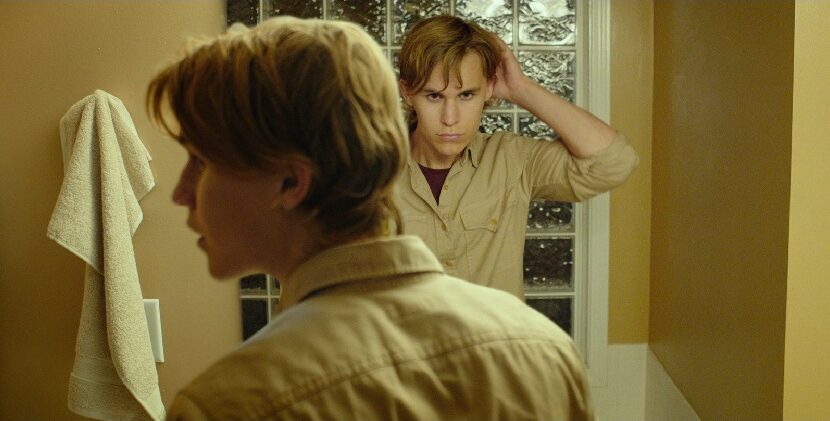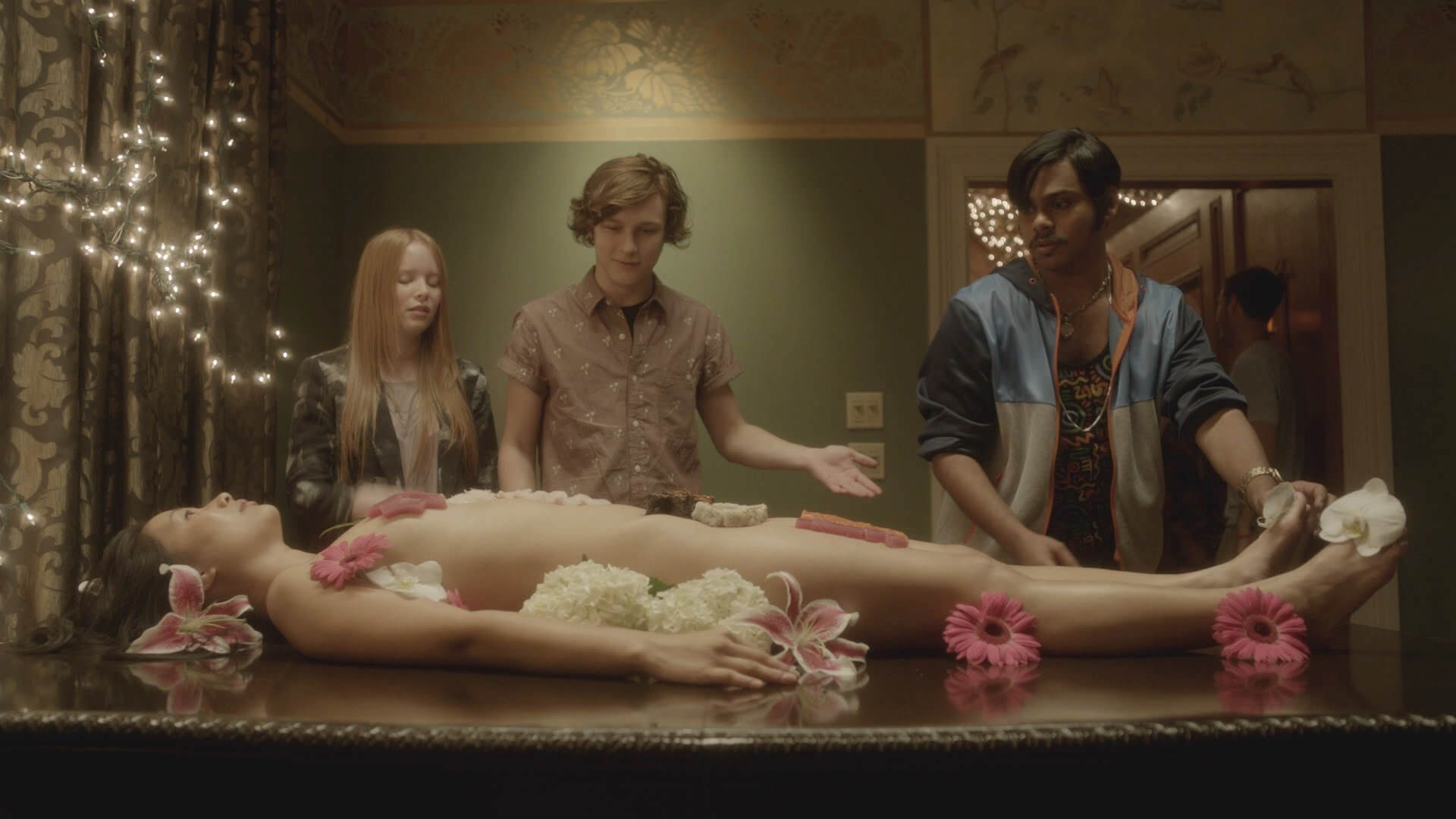+1. Science fiction based on an unconventional idea

The question is: how would you behave if you met your doppelgänger, who not only looks and behaves like you but also has the same memories and reacts exactly the same way to this strange situation? Perhaps the term “clone” seems to better fit your identical identity, but in Dennis Iliadis’s film, the explanation of such an unprecedented situation takes a back seat, and the director and creator focus more on the reactions of the characters and their attempts to control their alter ego. I have nothing against a creator, instead of explaining the rules governing his world, focusing on the consequences of his characters’ actions – ethical questions in science fiction films can have their origins in unreal ideas and concepts, but a well-executed argument will touch viewers in a way they may not expect. Unfortunately, +1 reveals its ambitions for mindless fun right from the start, mainly revolving around teenage melodrama.
David (known from The Purge, Rhys Wakefield) gets into trouble when he mistakes his girlfriend for her rival in fencing. The unfamiliar girl kisses him, and poor Jill witnesses it. Now she wants nothing to do with David. However, the boy gets a chance to explain himself during a party organized by his friend Angad at his parents’ mansion, where Jill also appears among dozens of students. Nothing goes as planned for the boy, but real trouble comes when he notices… himself in situations that have already occurred that night. But not only himself – all participants in the party have their copies, but only a few are aware of it. While most are already having fun outside, their new versions are still stuck at home. Soon, however, some “catch up” with others. David’s initial unease is quickly overcome, and the boy decides to use the situation to win back Jill.
Iliadis makes the audience wait for the development of events for a long time; the above description covers the first 40 minutes of the film (which is almost half of it). By this time, we get a fairly standard picture of American youth at a party – there is alcohol, sex, geeks, bitchy prom queens, strippers, rich, poor, and those in between. The director does not analyze their behaviors, nor does he criticize them; instead, he uses the patterns to create a lively background that will only come to life and be directed later. By this time, the carefree party atmosphere clearly works in favor of +1. Plot-wise, not much is happening, but interesting episodes, good music, and the spontaneity of some scenes can overshadow the slow development of the story.

The whole film falls apart when the director, instead of focusing on the amazing phenomenon, chooses the love intrigue of the main character. It’s hard to root for a character who, by his own choice, lost his girlfriend and wants to win her back using a conversation that has already taken place. The protagonist avoids the mistakes he made before, but not because he has learned something and changed. David does not want to change – he still remembers last summer (“it was the best”), avoids discussions about the future and moving forward with his life, and limits his knowledge of the mysterious phenomenon to his own needs. The situation he finds himself in is ideal for him because it doesn’t force him to reflect on himself, which would clearly benefit him. His narcissism and hypocrisy quickly become apparent, leading to the most bizarre happy ending I’ve had the displeasure of watching.
Unlike David, cynicism is hard to observe in others because they are having too much fun at Angad’s party. Eventually, they also come face to face with their doppelgängers, and the terror of both groups (both consider themselves originals) turns into a bloody massacre. This is when +1 reaches the peak of its stupidity – the promising start and interesting idea are brought down to the ground by bloodthirsty hordes of alcohol-fueled and loud music teenagers. Fortunately, not everyone adheres to the “There can be only one” rule. Shy Allison in her copy finds someone who understands her, and with whom she can talk freely. Instead of fear, there is curiosity leading to an unusual scene of two Allisons kissing. More characters like this, and perhaps +1 would lead the viewer to a more interesting place.

Iliadis previously directed a successful remake of The Last House on the Left. His +1 begs for a retelling of this story, focusing on the unconventional starting point and the consequences of the existence of two realities, rather than teenage love affairs and a final massacre where both characters and any ambitions fall victim.

